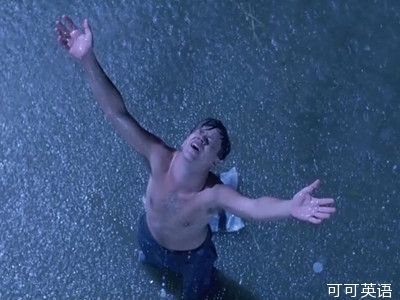這是英國玄學派代表詩人john donne的一首十四行詩,多恩長于各種出人意表的思考,將一般認為無法關聯的兩個事物聯系在一起,表達自己的獨特觀點,最著名的當屬《跳蚤》一詩。在本詩《死神莫驕傲》中,作者發揮了人們對于死亡的“休息、睡覺”的隱喻性聯想,認為死神并不是一般認為的那樣神通廣大(當然這里也有一點基督教的死亡與永生的辯證),按照錢鍾書先生的文論觀點,這首詩在結尾時使用了冤親詞(paradox)的修辭方式。

Death Be Not Proud
死神,你莫驕傲
John Donne
約翰-多恩
Death be not proud, though some have called thee
死神,你莫驕傲,盡管有人說你
Mighty and dreadful, for, thou art not so,
如何強大,如何可怕,你并不是這樣;
For, those, whom thou think'st, thou dost overthrow,
你以為你把誰誰誰打倒了,其實,
Die not, poor death, nor yet canst thou kill me;
可憐的死神,他們沒死;你現在也還殺不死我。
From rest and sleep, which but thy pictures be,
休息、睡眠,這些不過是你的寫照,
Much pleasure, then from thee, much more must flow,
既能給人享受,那你本人提供的一定更多;
And soonest our best men with thee do go,
我們最美好的人隨你去得越早,
Rest of their bones, and soul's delivery.
越能早日獲得身體的休息,靈魂的解脫。
Thou art slave to fate, chance, kings, and desperate men,
你是命運、機會、君主、亡命徒的奴隸,
And dost with poison, war, and sickness dwell,
你和毒藥、戰爭、疾病同住在一起,
And poppy, or charms can make us sleep as well,
罌粟和咒符和你的打擊相比,同樣,
And better than thy stroak;why swell'st thou then?
甚至更能催我入睡;那你何必趾高氣揚呢?
One short sleep past, we wake eternally,
睡了一小覺之后,我們便永遠覺醒了,
And death shall be no more; Death, thou shalt die.
再也不會有死亡,你死神也將死去。











